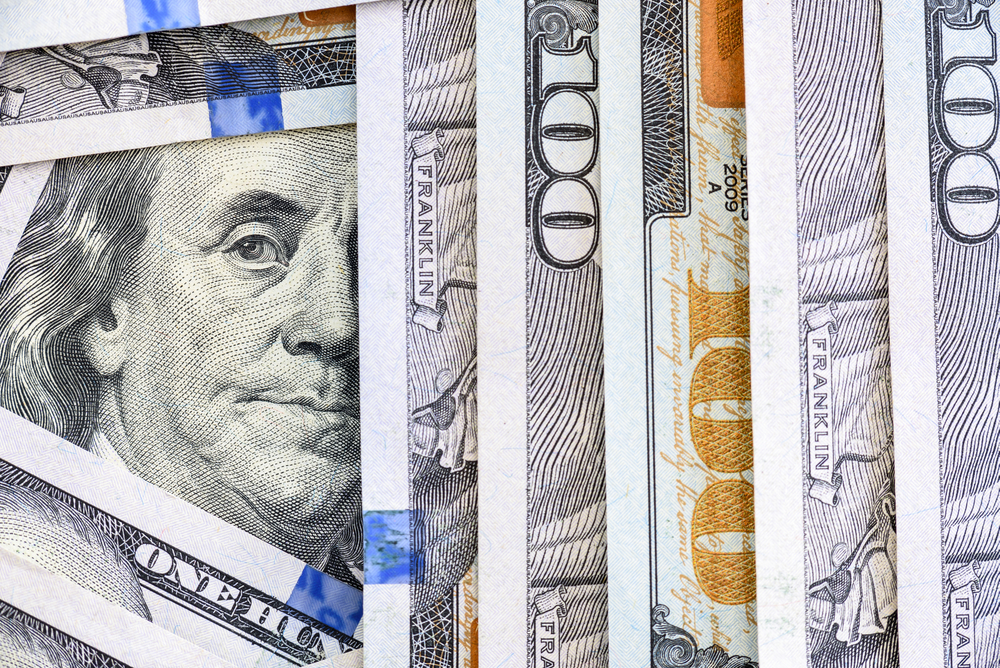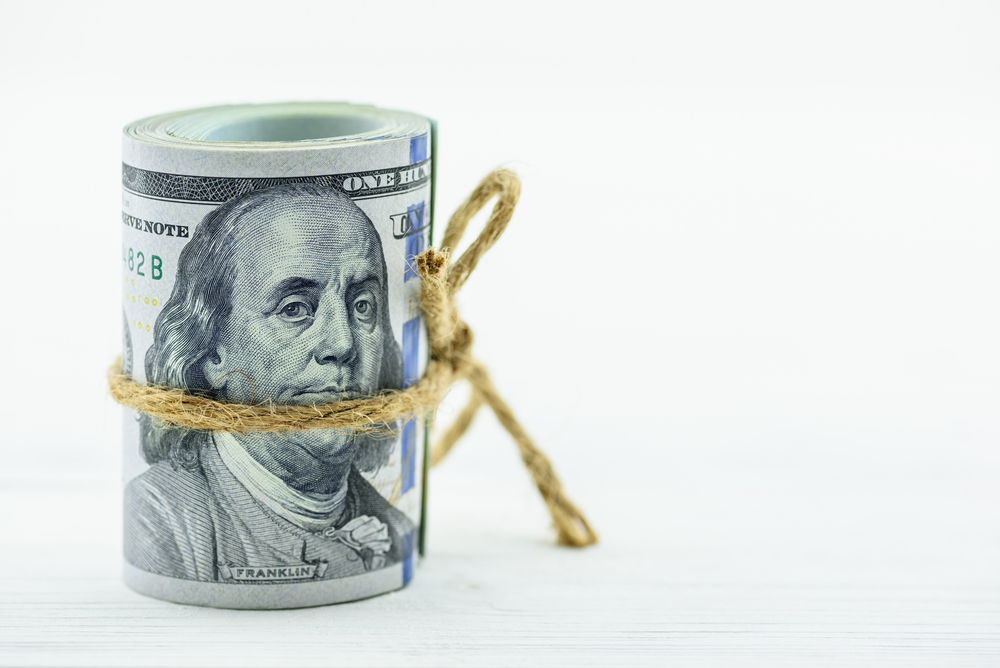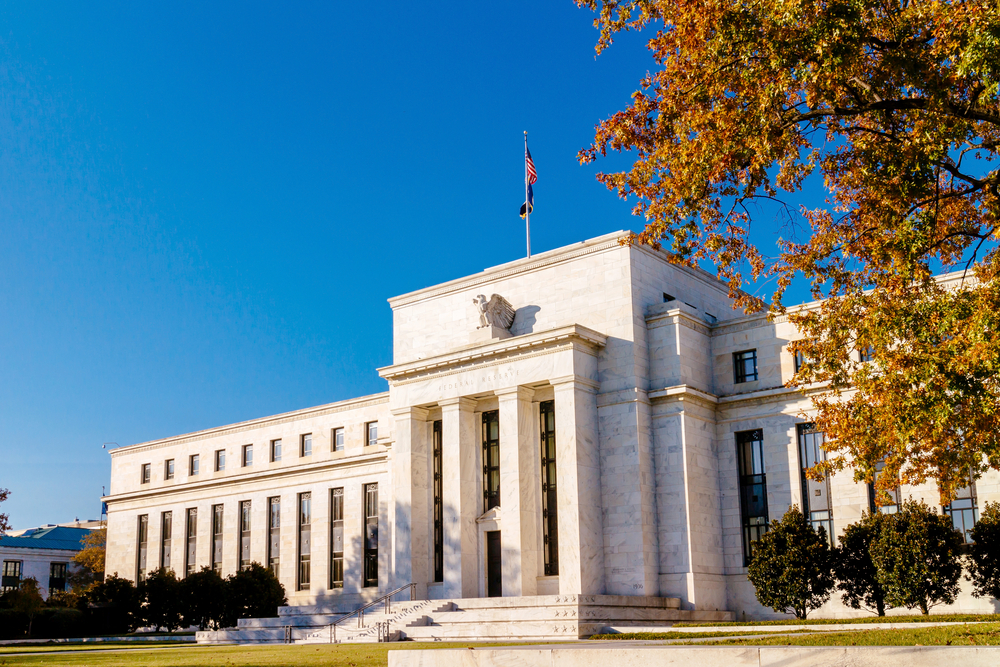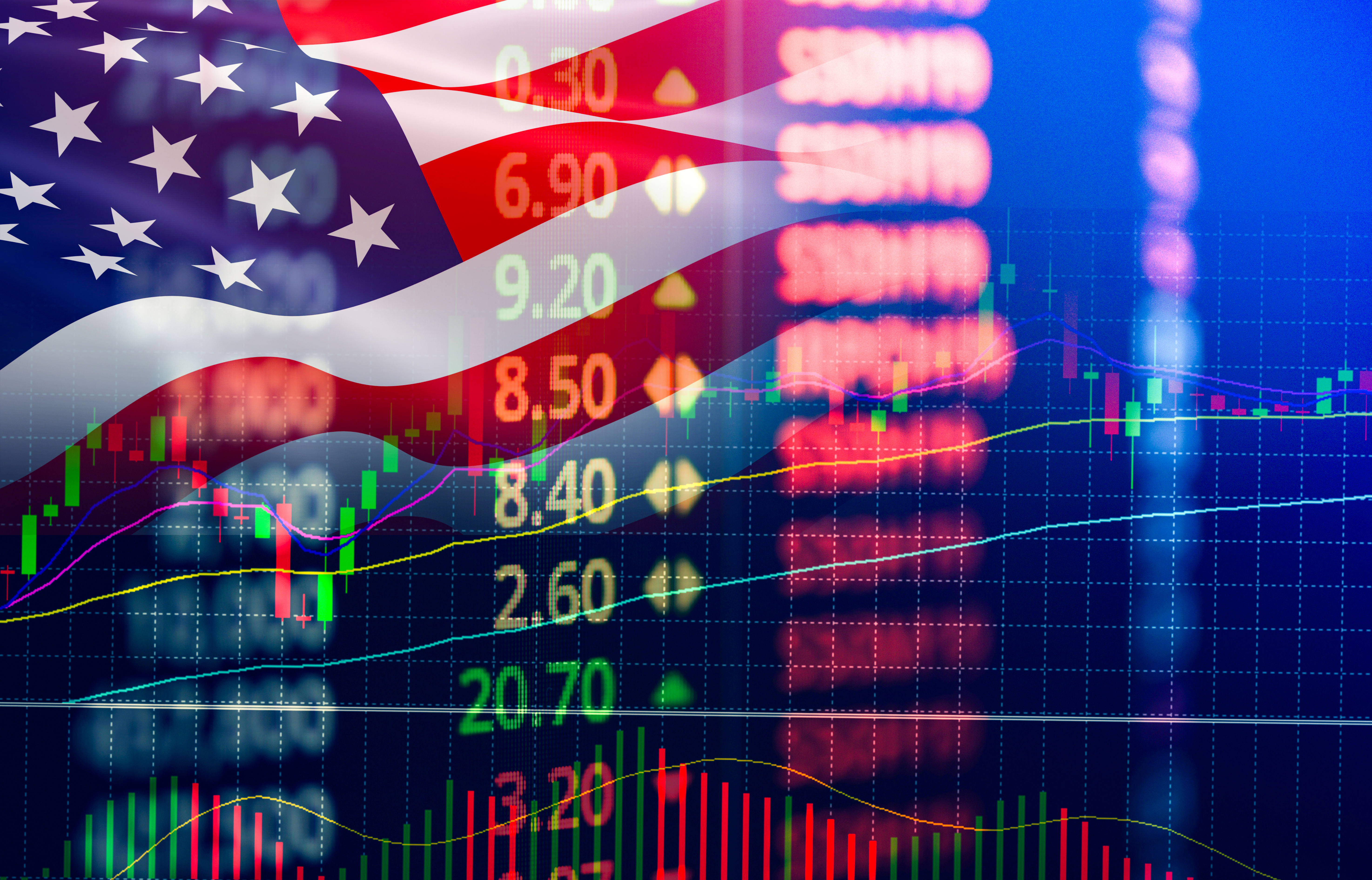UK Economy Grew by 1% in Last Quarter
According to preliminary data published today by the Office for National Statistics (ONS), Gross Domestic Product (GDP) in the UK increased by 1.0 percent in the last quarter of 2020 compared to the previous quarter, yet it shrank by 7.8 percent compared to the same quarter of the previous year. Market expectations for this period were that GDP would be 0.5 percent quarter-over-quarter and minus 8.1 percent year-over-year. In addition, GDP contracted by 9.9 percent in 2020 and indicated its sharpest decline since 1970.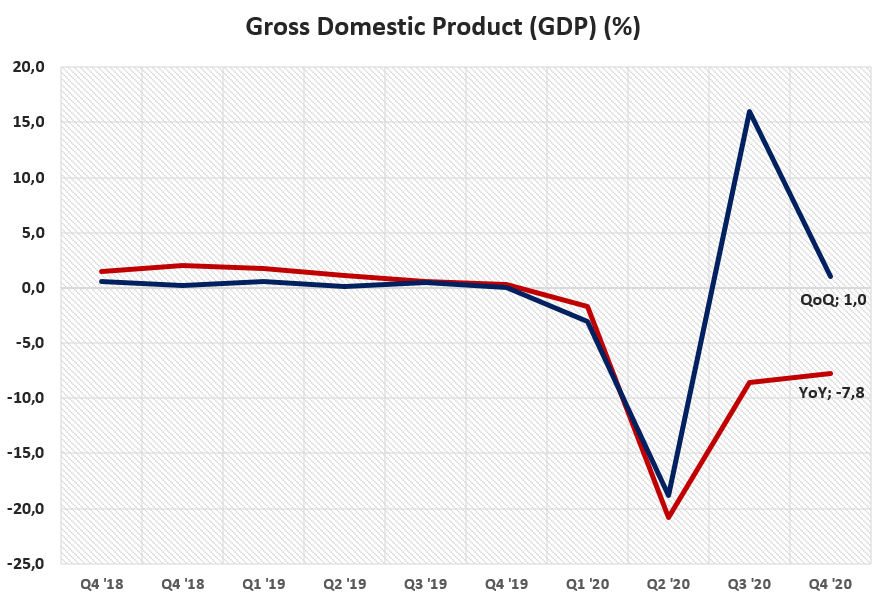
The details of the report published by the ONS showed that nominal GDP data grew by 1.6 percent in the last quarter of 2020, while it contracted by 4.8 percent compared to the same quarter of the previous year.
Under services output, accommodation and food service activities contracted by 8.9 percent and the construction sector also declined by 12.5 percent year-over-year. In contrast, in the last quarter, the health sector recorded the highest growth of 12.4 percent. Education sector also showed an increase by 5.6 percent.
On the other hand, real gross domestic product data indicated that spending potential increased by 1 percent in the last quarter and public spending increased in the current period. In this context, public investment increased by 6.4 percent compared to the previous quarter and by 12.9 percent compared to the same quarter of the previous year. In addition, fixed capital formation contributes to real GDP growth, the report said, household consumption expenditures declined by 0.2 percent quarter-over-quarter and by 8.4 percent year-over-year. Finally, in the last quarter of 2020, imports increased by 14.1 percent and exports also indicated a raise by 7.5 percent.
In the UK, which spent most of the last quarter of the year in national quarantine, a marked drop in consumption expenditure was one of the most important factors in the GDP figures, while public investment and foreign trade served as the locomotive factors in economic activity.
Continuing the lockdown in 2021 is keeping the downside risks on the economy alive. On the other side, optimism led by vaccination campaigns may expand this optimism to households and businesses. In addition, in the context of sterling's strong performance against the dollar in the first quarter of 2021, despite the increase in the imports, exports may decline along with weak external demand in line with Brexit and high number of cases in Europe. Against this background, growth figures, together with high public spending, can be expected to show a moderate outlook in the first quarter of 2020 compared to the previous quarter.


